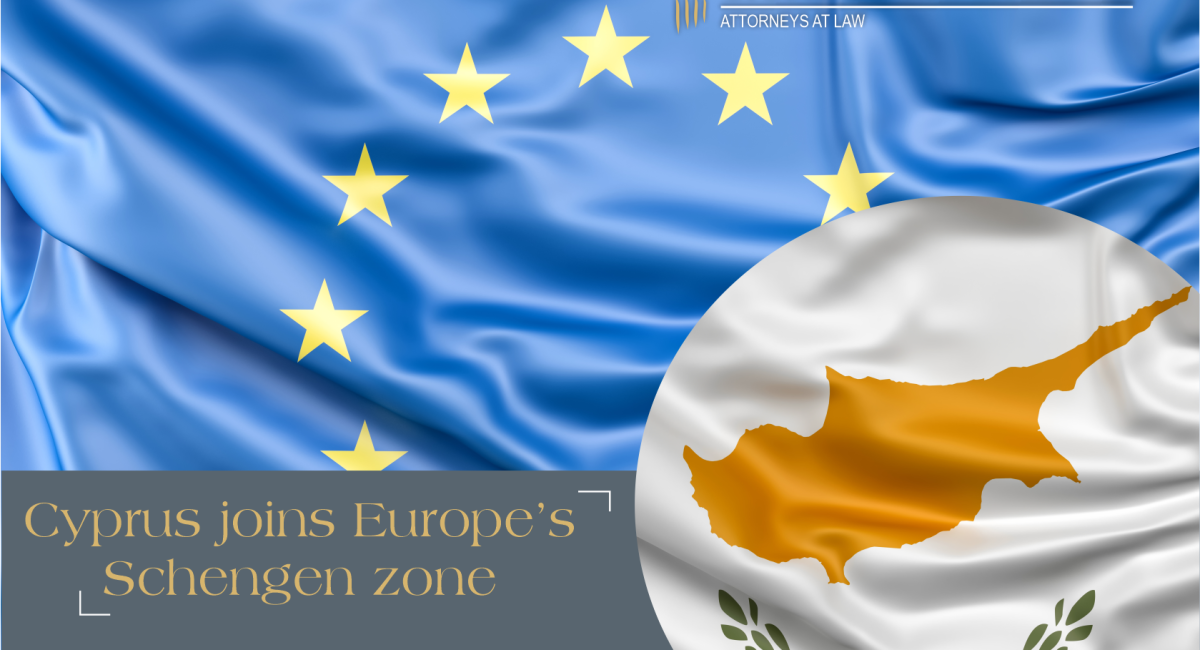Cyprus is in the final stage of preparations to meet the technical and regulatory requirements for Schengen membership and becoming a member of the Schengen Zone, Europe’s free-travel area. Cyprus is actively working towards this goal and is expected to join the Schengen Zone by end of 2025. This marks an important step in the country’s ongoing efforts to enhance its European integration and strengthen its position within the EU.
President Nicos Christodoulides has confirmed that Cyprus is on track to become a full member of the Schengen Zone by 2025. This move is highly significant for Cyprus, as it will align the country with 29 other nations, including most of the EU member states, Switzerland, Norway, Iceland, and Liechtenstein. Joining the Schengen Zone will bring Cyprus a range of benefits.
Key Benefits of Cyprus Joining the Schengen Zone:
Enhanced Mobility: Once Cyprus is fully integrated into the Schengen Zone, it’s likely that Cyprus (non-EU) permanent residents would enjoy simplified travel between Schengen states compared to non-residents. This increases convenience for residents, businesses, and tourists, fostering a more connected and mobile society.
Increased Tourism: Cyprus is already a popular tourist destination, and joining the Schengen Zone will likely make it even more attractive. With the ease of travel across multiple countries without border checks, tourists from Schengen countries will find it easier to visit Cyprus, potentially boosting the tourism sector and the economy.
Stronger Investment Opportunities: Schengen membership will improve Cyprus’ appeal as a destination for foreign investors. Investors, especially those interested in real estate, will be drawn to Cyprus due to the ease of access it offers to the entire Schengen Zone. This is likely to result in an increase in demand for property investments, particularly in areas like luxury real estate, resorts, and commercial properties.
Economic Growth: Cyprus’ alignment with the Schengen Zone could lead to increased foreign direct investment (FDI) and a boost to various sectors, including banking, finance, and technology. The removal of border controls simplifies trade and business relations with other Schengen countries, leading to a more competitive and thriving economy.
Increased Demand for Residency Through Property Investment: One of the most immediate effects of Cyprus joining the Schengen Zone is likely to be a significant rise in demand for property investments. Foreigners, especially those from non-Schengen countries, will be keen to invest in property in Cyprus. Moreover, Cyprus’ investment program, which allows non-EU citizens to obtain residency through property investment, is expected to become even more appealing.
In conclusion, Cyprus’ full integration into the Schengen Zone will provide significant advantages for residents, businesses, and foreign investors. This milestone will not only enhance the country’s mobility and economic potential but will also position Cyprus as a strategic hub within the European Union, driving growth and innovation in the years to come.




